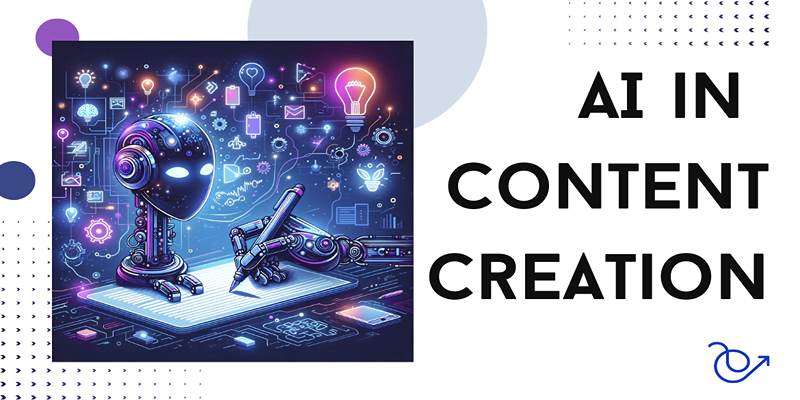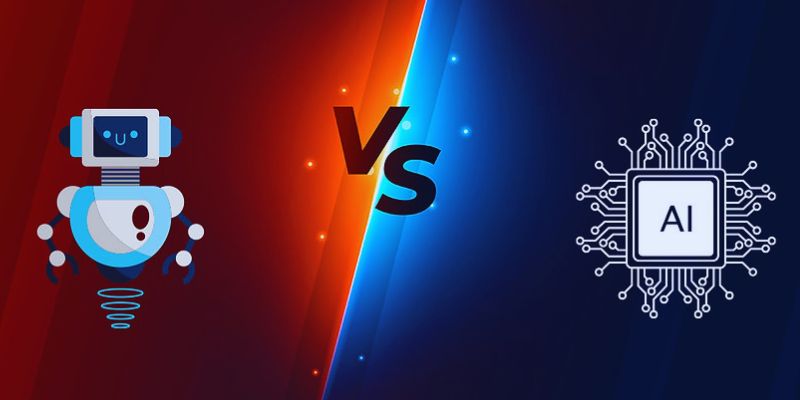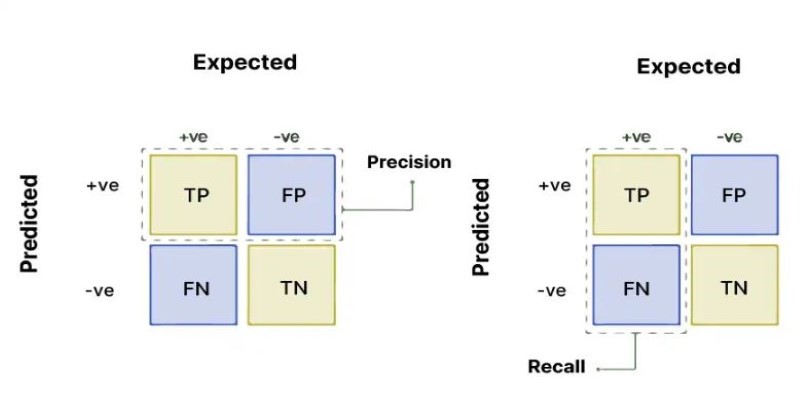Imagine a world where machines can learn, predict, and make decisions faster than ever before. From voice-activated virtual assistants to self-driving cars, these marvels of technology owe their rapid development to AI chips. But what exactly are these chips, and why are they so crucial to artificial intelligence? Unlike conventional processors, AI chips are designed to handle the complex demands of machine learning, making them the silent powerhouse behind many modern innovations.
Whether it's disease diagnosis or assisting in the real-time translation of language, AI chips are reshaping our future in ways that never seemed remotely possible. This article delves deep into the fascinating world of AI chips and their ever-growing impact on technology.
What Are AI Chips?
AI chips stand for artificial intelligence chips, referring to special processors whose primary role is to manage highly complex and computationally demanding functions that support operations in AI and machine learning. Unlike regular central processing units (CPUs), AI chips have been specifically tailored for parallel processing with a focus on handling vast quantities of data in real time. This processing power makes AI chips nearly indispensable in tasks of image recognition, speech analysis, and advanced data modeling, which are full of high-speed calculations and large data sets.
Several kinds of AI chips are found. Some are common: among the most widespread are Graphics Processing Units (GPUs), Tensor Processing Units (TPUs), and Application-Specific Integrated Circuits (ASICs). GPUs are so general and thus suited to all kinds of processing a vast quantity of data rapidly and, for this purpose, well fitted to do all AI-type jobs. Still, TPUs have optimized specific machine learning models or framework operations. ASICs are custom-designed for specific AI workloads and provide unmatched efficiency for targeted applications. These different styles of AI chips create the opportunity to select the proper hardware for these unique needs - an opportunity used to design more efficient and powerful AI solutions that have never before existed.
The Role of AI Chips in Transforming Industries
The influence of AI chips extends far beyond the tech industry, revolutionizing many sectors through improved data analysis and decision-making capabilities. In healthcare, AI chips are at the forefront of medical innovation, enabling faster and more accurate diagnostics. With the ability to process medical images and detect anomalies at high speed, these chips support doctors in identifying diseases such as cancer in its early stages. Their efficiency saves time, improves precision, and ultimately enhances patient outcomes.
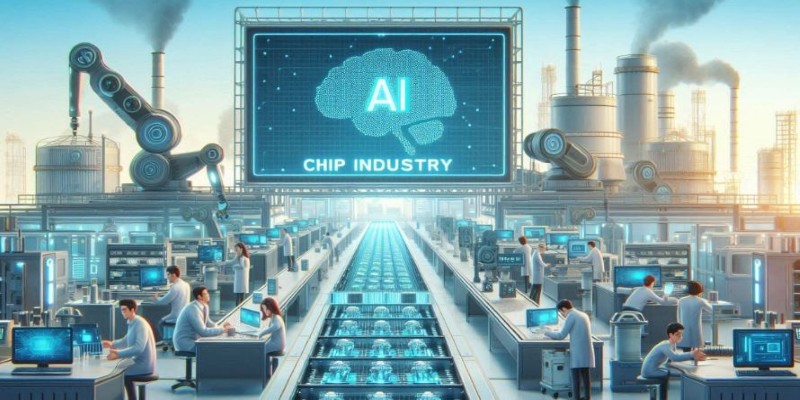
In the automotive sector, AI chips play a critical role in the development of autonomous vehicles. These chips process sensor and camera data in real-time, allowing cars to detect obstacles, interpret traffic conditions, and make split-second decisions. Similarly, in the finance industry, AI chips help combat fraud and enable high-frequency trading by analyzing patterns and executing trades at lightning speed.
Consumer technology has also greatly benefited from AI chips, with devices such as smartphones, smart speakers, and virtual assistants leveraging AI for voice recognition and personalized user experiences. By enabling real-time processing and response, AI chips have transformed everyday devices into intelligent systems capable of learning and adapting to user needs, illustrating the widespread impact of these advanced processors.
Advancements and Future Prospects
AI chip technology is evolving rapidly, with companies investing in innovative designs to increase processing power while reducing energy consumption. This dual focus not only boosts performance but also addresses environmental concerns related to high energy usage in AI-driven systems. As AI adoption accelerates across industries, the push for more efficient, powerful, and affordable chips is driving significant advancements in the field.
A key area of progress is edge computing, where AI chips are integrated into devices that process data locally rather than relying on cloud servers. This approach reduces latency, enabling real-time responses in applications like autonomous drones, smart cities, and industrial automation. Edge AI chips are particularly valuable in scenarios requiring immediate data processing, such as monitoring critical equipment or responding to security threats.
Another promising trend is the democratization of AI technology through affordable AI chips. By making high-performance chips accessible to startups and smaller businesses, the barriers to adopting AI solutions are reduced, fostering innovation in fields ranging from education to agriculture. The future of AI chips lies in balancing high performance with cost-effectiveness, making AI technology more inclusive and widely applicable across different sectors of society.
The Challenges Facing AI Chips
While AI chips are driving technological progress, they are not without challenges. One major hurdle is the high cost of development and production. Designing AI-specific hardware requires significant investment in research, which makes the chips expensive and limits their widespread adoption. Additionally, AI chips demand large amounts of power, which can pose environmental concerns and operational challenges, particularly in data centers running thousands of AI models simultaneously.
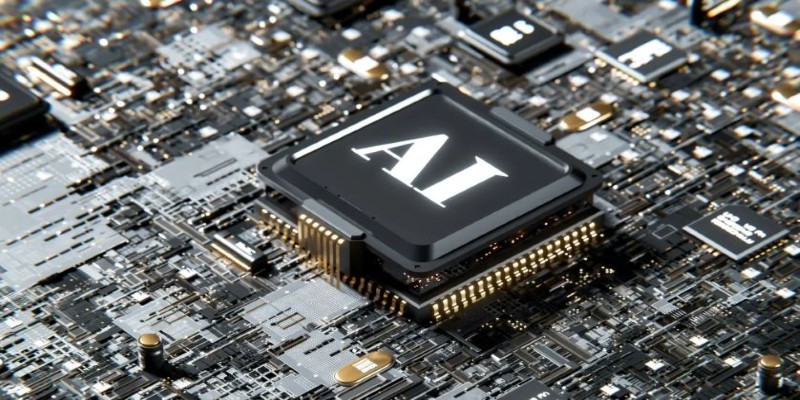
Another key issue is compatibility. AI chips are often optimized for specific frameworks or algorithms, meaning developers must adapt their software to the hardware they choose. This lack of standardization can hinder rapid deployment and scalability across different platforms. Furthermore, as artificial intelligence becomes more advanced, the need for more powerful chips grows, pushing companies to innovate constantly to keep up with increasing computational demands.
Despite these challenges, ongoing research and development are addressing these concerns, promising more cost-effective, efficient, and universally adaptable AI chips in the future. With these advancements, AI chips are poised to become even more integral to the technology-driven world, bridging the gap between human potential and machine intelligence.
Conclusion
AI chips represent a pivotal advancement in the tech landscape, driving the rapid evolution of artificial intelligence and machine learning. From revolutionizing industries like healthcare and automotive to enhancing everyday technologies, these chips are shaping a smarter and more efficient world. As innovation continues, the potential applications of AI chips are virtually limitless, promising a future where technology seamlessly integrates with human lives. Understanding their role and impact is essential as we navigate this transformative era, unlocking the full potential of artificial intelligence.



